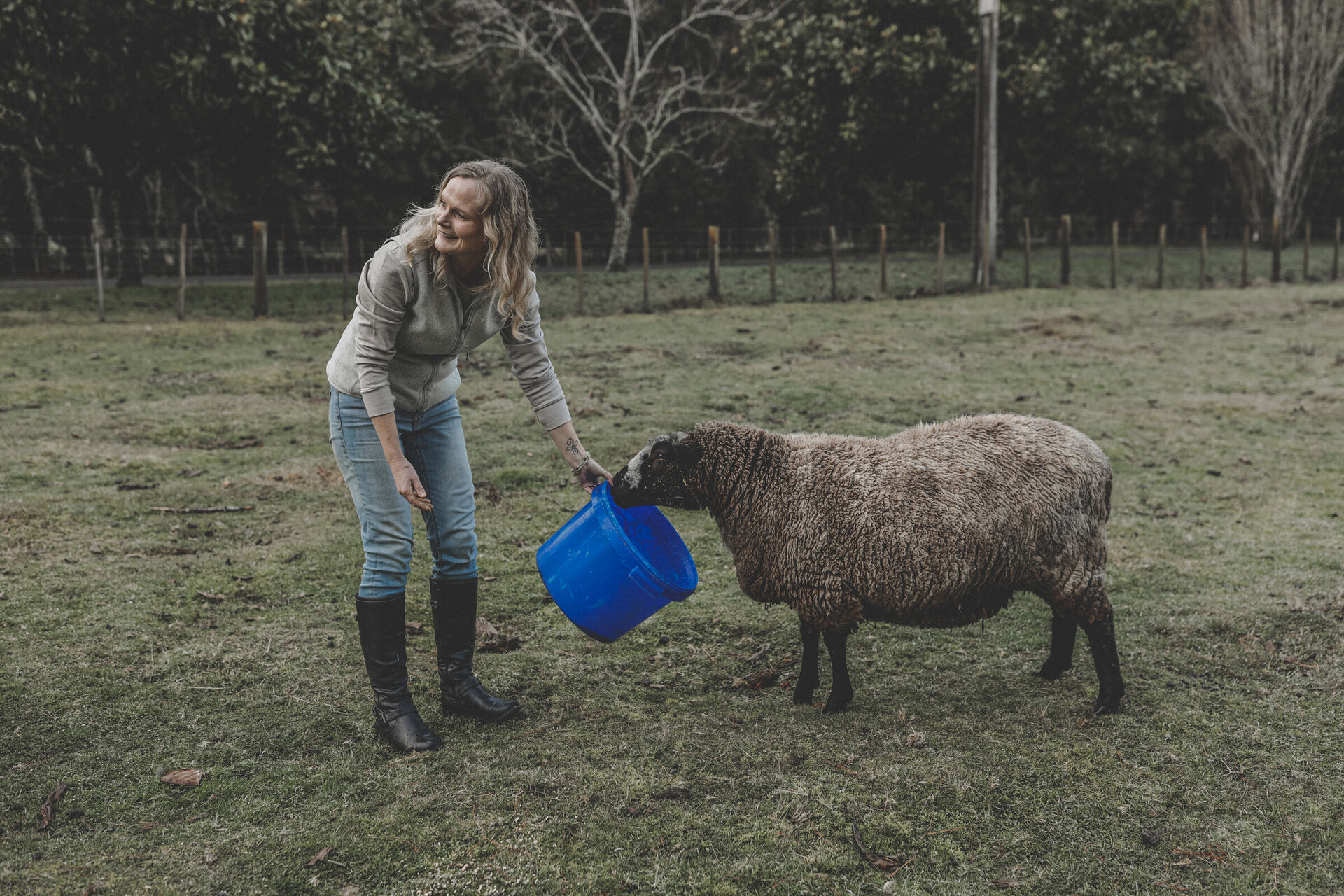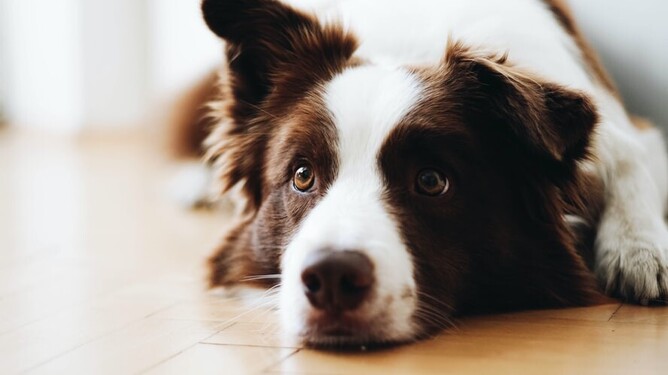Anxiety is one of the most common behavioural concerns dog owners face, and it’s more than just a phase. Left unaddressed, anxiety can deeply impact your dog's wellbeing, behaviour, and overall happiness.
The most prevalent form? Separation anxiety. Whether it’s a few minutes or a few hours, many dogs struggle the moment their beloved humans walk out the door.
What Causes Separation Anxiety in Dogs?
Certain dog breeds are naturally more prone to anxiety, especially intelligent and high-energy working breeds. But often, it’s not just genetics. A lack of proper socialisation during the early puppy months can play a huge role. Changes in routine, moving house, or a new addition to the family can all trigger anxiety too.
Common Signs of Separation Anxiety in Dogs
If your dog is experiencing separation anxiety, you might notice:
Persistent barking, whining, or howling when left alone
Pacing or restlessness
Indoor accidents despite being toilet-trained
Destructive behaviour—like chewing, digging, or scratching doors
Escape attempts
Aggression or withdrawal
Hiding or refusing food
Recognising these behaviours is the first step toward improvement.
Natural Ways to Help Your Anxious Dog
At Wild Remedy, we believe in supporting your dog’s emotional and physical balance through gentle, effective strategies. Here’s how you can start helping your furry friend—naturally.
1. Prioritise Exercise and Mental Stimulation
A tired dog is a calm dog. Dogs—especially high-energy breeds—need a daily routine that challenges both their body and mind.
From personal experience with my own dog, Willow, I’ve seen how activities like mountain biking, paddleboarding, and off-lead trail walks transform anxiety into calmness and confidence. Exercise helps reduce the build-up of nervous energy and offers sensory enrichment—their nose gets a serious workout!
2. Observe and Respond (Calmly)
Pay close attention to your dog's body language. Don’t reinforce anxiety by giving attention when they’re acting out. Instead, stay calm and neutral during arrivals and departures. This teaches your dog that being alone is no big deal—and that you’ve got things under control.
3. Build Confidence Through Gradual Alone Time
Separation training takes time—but it works. Start small. Even a quick 5-minute trip down the road can be a great beginning. Gradually increase the time away, always making sure your dog feels safe and secure.
4. Crate Training for Comfort and Security
Crate training can provide your dog with a peaceful, den-like space where they feel safe. Make it cosy and inviting—add favourite toys, a soft blanket, and the occasional treat. A crate should never be a punishment zone; it’s your dog’s personal sanctuary.
5. Be Mindful of Your Reactions
It’s natural to want to comfort your dog when they’re distressed. But offering treats, affection, or baby talk during anxious episodes can accidentally reinforce the behaviour. Instead, reward calmness. Confidence is contagious.
The Gentle Power of Homeopathy for Dog Anxiety
Here’s where Wild Remedy truly shines.
Homeopathy offers a natural, non-invasive option to support anxious dogs. By carefully matching a remedy to your dog’s unique symptoms, we can gently encourage emotional balance and overall wellbeing.
In my practice, I’ve seen incredible results—especially when combining homeopathic remedies with lifestyle and behavioural adjustments. Willow, for example, responds so well to her personalised remedy that she hardly notices when I leave the house!
Top 5 Homeopathic Remedies for Anxiety in Dogs
💡 Always consult with a qualified animal homeopath before starting treatment to ensure the remedy matches your dog’s specific needs.
1. Aconite (Aconitum napellus)
Ideal for sudden, intense fear or panic—such as during thunderstorms or after traumatic events. A great remedy for dogs who become startled easily or show extreme distress when left alone.
2. Argentum Nitricum
Best for anticipatory anxiety, such as vet visits, car rides, or performance stress. Dogs may have trembling, diarrhoea, or destructive behaviour before events.
3. Pulsatilla
Gentle and affectionate dogs who become clingy or upset when left alone often benefit from Pulsatilla. Great for dogs who need constant reassurance or follow you everywhere.
4. Phosphorus
For dogs who are friendly but highly sensitive to noise, people, or new environments. Excellent for dogs with noise phobias or fear of thunderstorms and fireworks.
5. Arsenicum Album
Helps dogs who are restless, anxious, and can’t seem to settle—especially those who pace, bark, or obsessively watch the door when you’re away.
Ready to Help Your Dog Feel Calm, Confident, and Balanced?
Whether you’re in New Zealand or anywhere in the world, Wild Remedy is here to help you support your animal—naturally.
🌿 Online homeopathy consultations available nationwide
💻 Visit www.wildremedy.co.nz and click the “Connect” button to book now



